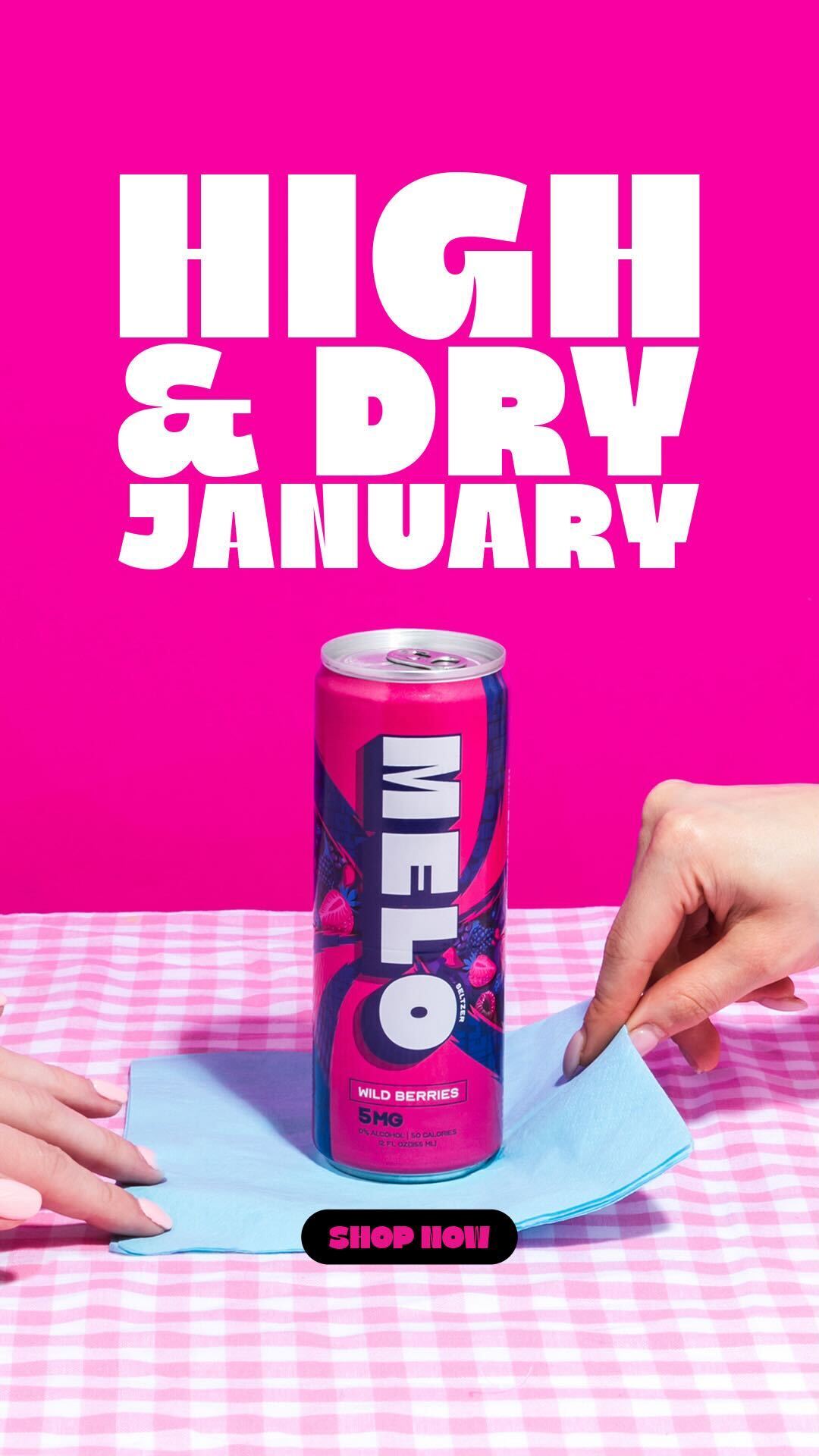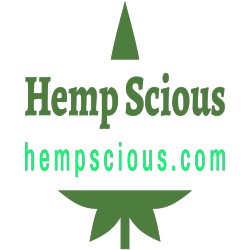Legality
The legality surrounding THC-infused beverages, like soda, is a complex and evolving issue in North Dakota. While cannabis itself remains illegal for recreational use, the state has established limited provisions for medical marijuana, raising questions about the permissible boundaries of THC products.
THC Soda Regulations
North Dakota’s laws regarding THC-infused beverages, particularly THC soda, are currently unclear and open to interpretation. Despite the legalization of medical cannabis in the state, there are no specific regulations explicitly addressing the production or sale of THC-infused drinks. This ambiguity leaves consumers and businesses navigating a legal gray area.
While some argue that existing medical marijuana laws could potentially allow for THC soda under certain circumstances, others contend that its recreational nature would violate state prohibitions on cannabis use outside of strictly defined medical contexts.
Until North Dakota lawmakers clarify the legal status of THC-infused beverages, the market for these products remains uncertain.
Possession Limits
The legality of possessing THC soda in North Dakota hinges on the interpretation of existing medical marijuana laws. While cannabis itself is illegal for recreational use, North Dakota allows for medical marijuana with specific regulations. The state lacks explicit laws regarding the possession or sale of THC-infused beverages like soda.

This absence of clear legislation creates a legal gray area. Some argue that possessing THC soda could be permissible under a medical marijuana patient’s prescription if it is deemed necessary for their prescribed condition and authorized by a doctor. However, others maintain that the recreational nature of consuming THC soda would violate the state’s prohibition on cannabis use outside of strictly defined medical contexts.
Therefore, until North Dakota lawmakers provide specific guidance regarding THC-infused beverages, the legality of possessing such products remains uncertain and subject to individual interpretation.
Sales Restrictions
The legality of selling THC soda in North Dakota is currently unclear due to a lack of specific regulations addressing its production and sale.
- While medical marijuana is legal in the state, existing laws do not explicitly permit or prohibit the sale of THC-infused beverages.
- This ambiguity creates a legal gray area for businesses, leaving them unsure about the permissibility of selling THC soda.
- Some may argue that it could fall under existing medical marijuana provisions, while others contend it violates state prohibitions on recreational cannabis use.
Without clear legislative guidance from North Dakota lawmakers, the legal status and commercial viability of THC soda remain uncertain.
Production and Distribution
The production and distribution of THC-infused beverages, such as THC soda, in North Dakota are currently shrouded in uncertainty. Existing laws regarding medical marijuana do not explicitly address the manufacture or sale of these products, leaving a legal gray area for both producers and sellers.
Licensed Manufacturers
Licensed manufacturers could potentially play a role in the production of THC soda in North Dakota if state laws were to clarify and permit such activity. However, as it stands, the absence of specific regulations creates a significant barrier to entry for businesses seeking to manufacture and distribute THC-infused beverages.
To legally operate in this space, licensed manufacturers would need clear guidelines from North Dakota lawmakers regarding production standards, labeling requirements, potency limits, and distribution channels. Furthermore, they would need to comply with all applicable state and federal regulations governing cannabis products.
Distribution Networks

Distribution networks for THC-infused beverages, assuming their legality were established in North Dakota, would likely mirror those of traditional beverages.
Existing distribution channels could be adapted to accommodate THC soda. This might involve partnerships with wholesalers and distributors currently serving the alcoholic beverage or non-alcoholic beverage markets. Licensed dispensaries, if allowed to sell edibles, could also become points of sale for THC soda.
However, specific regulations would need to address issues unique to cannabis products, such as secure storage, age verification, and compliance with labeling and packaging requirements.
Retail Availability
Retail availability of THC soda in North Dakota is currently nonexistent due to the unclear legal status surrounding these products. The lack of explicit regulations regarding the production, sale, and distribution of THC-infused beverages leaves businesses hesitant to offer them.
Until North Dakota lawmakers address this ambiguity and establish a clear legal framework for THC soda, consumers will not have access to it in retail stores.
Consumer Impact
The emerging market for THC-infused beverages, particularly THC soda, in North Dakota is facing significant uncertainty due to the state’s complex legal landscape surrounding cannabis. While medical marijuana is legal with certain restrictions, the regulations surrounding THC-infused products are ambiguous, leaving businesses and consumers unsure about the legality of producing, selling, and consuming these beverages.
Popularity and Demand
The lack of clarity around THC soda’s legality in North Dakota creates a significant barrier to market entry for producers and retailers. Consumers, too, face uncertainty regarding its availability and permissible use.
The current situation leaves the potential consumer impact of THC soda largely unknown. Without legal certainty, businesses are hesitant to invest in production or distribution, preventing widespread accessibility for consumers interested in trying this type of product.
Demand for THC soda likely exists among North Dakota residents who use cannabis medicinally and recreationally, but its true scope remains unquantifiable given the legal limbo.
Health Concerns
The ambiguity surrounding THC soda’s legality in North Dakota presents significant concerns for consumer health and safety. Without clear regulations governing production, labeling, and potency limits, consumers face potential risks.
The lack of standardized production processes could lead to inconsistent THC content in beverages, making it difficult for consumers to accurately gauge the dosage they are consuming. This inconsistency increases the risk of accidental overconsumption, which can lead to adverse health effects such as anxiety, paranoia, and impaired motor coordination.
Furthermore, the absence of mandatory labeling requirements could leave consumers unaware of the THC content, potential allergens, or other ingredients in THC soda. This lack of transparency makes it difficult for individuals with medical conditions or allergies to make informed choices about their consumption.
The potential for illicit production and distribution of THC soda further exacerbates these concerns. Without proper regulation, there is a higher risk of contaminated products or beverages containing undisclosed substances, posing serious health risks to consumers.
Social Effects
The legality surrounding THC-infused beverages in North Dakota creates a complex situation with potential implications for consumer impact and social effects.
- Consumer Impact
- Uncertainty and Lack of Access: The ambiguous legal status hinders the development of a regulated market, leaving consumers uncertain about the legality and availability of THC soda.
- Potential Health Risks: Without clear regulations on production, labeling, and potency limits, consumers face risks associated with inconsistent THC content, unknown ingredients, and potential contamination.
- Limited Consumer Choice: The absence of a legal market restricts consumer choice and prevents access to a potentially wider range of cannabis-infused beverages.
- Social Effects
- Economic Impact: The lack of clarity surrounding THC soda’s legality deters investment and economic development in the cannabis industry within North Dakota.
- Legal Loopholes and Enforcement Challenges: Ambiguous laws can create opportunities for illicit production and distribution, making it difficult for law enforcement to effectively regulate the market.
- Public Perception and Social Norms: The unclear legal status surrounding THC-infused beverages may contribute to public confusion and misinformation about their safety and potential impacts.
Economic Considerations
North Dakota’s current laws regarding THC soda create a complex economic landscape. While the state permits medical marijuana, there is no specific legislation addressing THC-infused beverages. This ambiguity leaves businesses uncertain about production, distribution, and sale, potentially hindering investment and market growth in this emerging sector.
Tax Revenue
The absence of clear legal guidelines regarding THC soda in North Dakota creates a significant impact on tax revenue potential.
- Lost Tax Revenue from Production and Sales:
- Without a regulated market for THC soda, the state foregoes potential tax revenue generated from production licenses, sales taxes, and excise taxes on these products.
- Reduced Economic Activity and Job Creation:
- The uncertainty surrounding THC soda’s legality discourages businesses from investing in production facilities, distribution networks, and retail outlets. This lack of investment can stifle economic growth and limit job creation opportunities within the state.
- Impact on Existing Tax Revenue Streams:
- While North Dakota currently generates tax revenue from medical marijuana sales, the potential for a thriving market for THC-infused beverages could have a significant impact on existing tax streams.
- For example, increased demand for cannabis-related products could lead to higher overall sales taxes and potentially even necessitate adjustments to state budgeting.
By clarifying the legal status of THC soda and establishing a regulated market, North Dakota can unlock substantial tax revenue potential while fostering economic growth and providing consumers with safe and accessible products.
Job Creation
The legality surrounding THC soda in North Dakota presents both challenges and opportunities for job creation. While the current ambiguity deters investment and market development, establishing a clear legal framework could stimulate economic activity and generate new employment opportunities.
Without specific regulations, businesses are hesitant to invest in production, distribution, and retail infrastructure associated with THC soda. This lack of investment limits job growth within the cannabis industry and related sectors such as agriculture, manufacturing, and transportation.
However, if North Dakota were to legalize and regulate THC soda, it could create a significant number of new jobs. These would include roles in:
- Production:
- Growers supplying cannabis for extraction
- Extractors
- Manufacturers of THC-infused beverages
- Packaging and labeling workers
- Distribution:
- Warehouse workers
- Drivers
- Logistics coordinators
- Retail:
- Dispensary staff
- Retail managers
- Sales associates
Furthermore, a legal THC soda market would generate tax revenue that could be invested in education, infrastructure, and other public services, indirectly creating more jobs.
By carefully regulating the production, distribution, and sale of THC soda, North Dakota can harness its economic potential while mitigating potential risks to public health and safety.
Tourism Potential
Economic Considerations and Tourism Potential
The legal gray area surrounding THC-infused beverages like soda in North Dakota presents both challenges and opportunities. While medical marijuana is legal, the lack of specific regulations regarding THC edibles creates uncertainty for businesses and consumers alike. This ambiguity hinders investment and market development, potentially limiting tax revenue generation and job creation within the cannabis industry and related sectors.
However, establishing a clear legal framework for THC soda could unlock significant economic benefits for North Dakota. A regulated market would attract investment, stimulate business growth, and create new employment opportunities in production, distribution, retail, and ancillary industries. Tax revenue generated from sales and licensing fees could be used to fund public services and infrastructure projects, further boosting the economy.
Tourism potential also presents an opportunity. As cannabis tourism grows nationwide, states with clear and accessible regulations regarding THC products are attracting visitors seeking unique experiences. A well-regulated market for THC soda in North Dakota could attract tourists interested in sampling locally produced edibles, contributing to the state’s hospitality industry and generating additional revenue.
To realize these benefits, North Dakota lawmakers need to address the legal ambiguity surrounding THC soda. Clear regulations regarding production, distribution, sale, labeling, and potency limits are essential for establishing a safe and sustainable market. By taking proactive steps to create a legal framework for THC-infused beverages, North Dakota can position itself as a leader in the burgeoning cannabis industry while reaping significant economic rewards.
Try THC seltzers made with advanced nano-emulsion technology
Raindrops and Ribbons
Tell Another Mom
- Nefertiti Neck Lift Treatment Near Shalford, Surrey - October 15, 2025
- Neauvia Hydro Deluxe Skin Booster Treatments Near Ash, Surrey - October 13, 2025
- Misshapen Nose In Mickleham, Surrey - October 11, 2025
